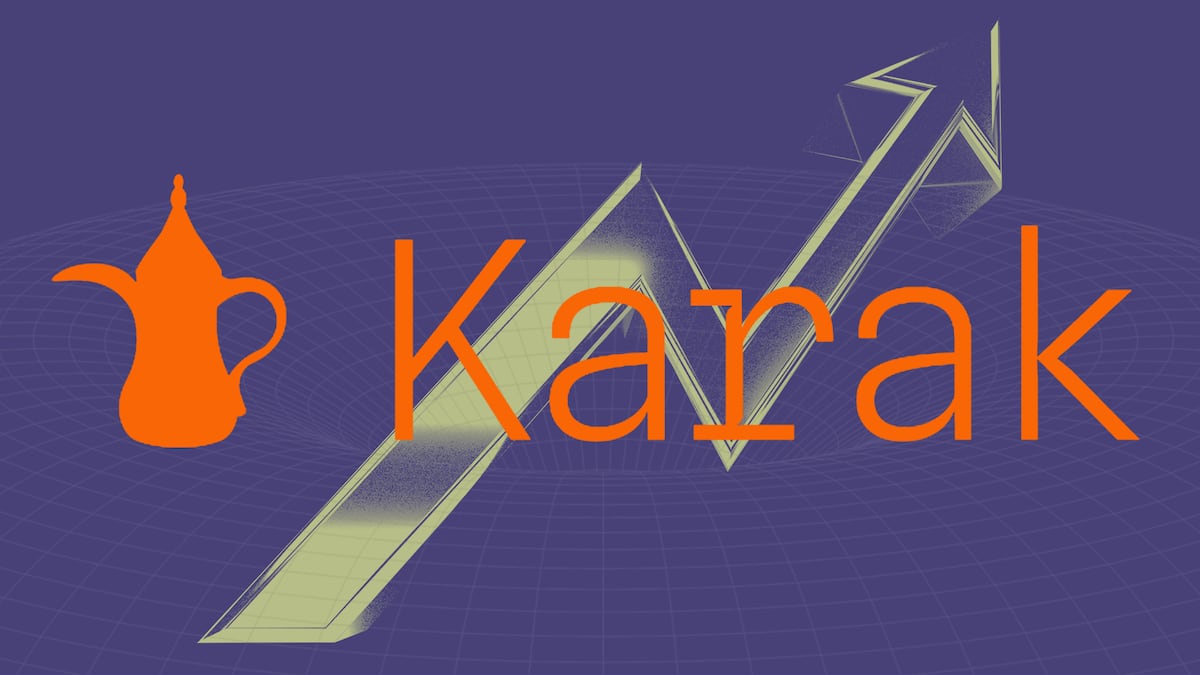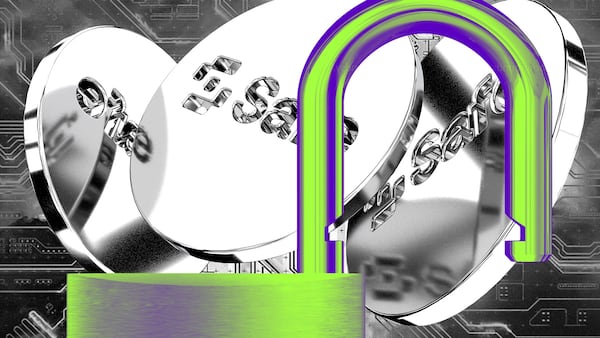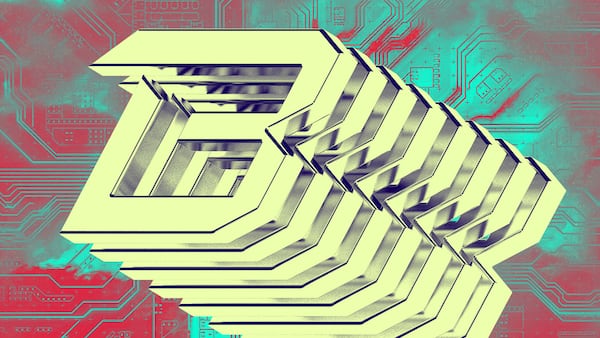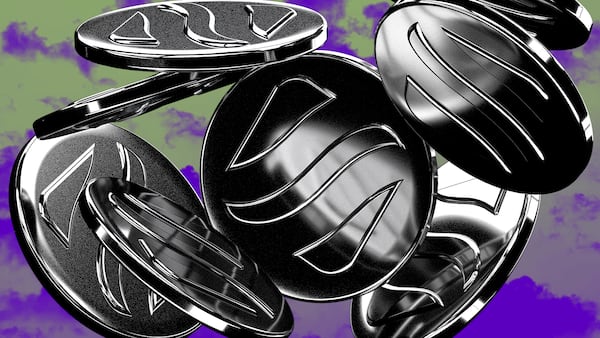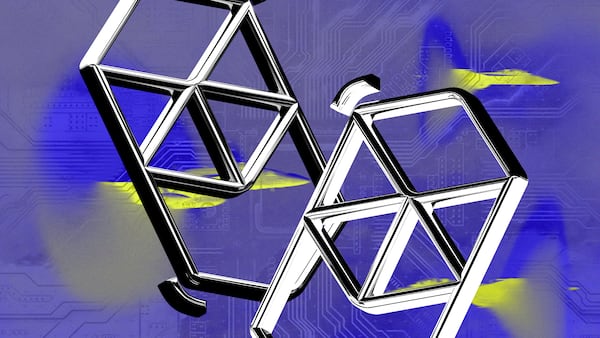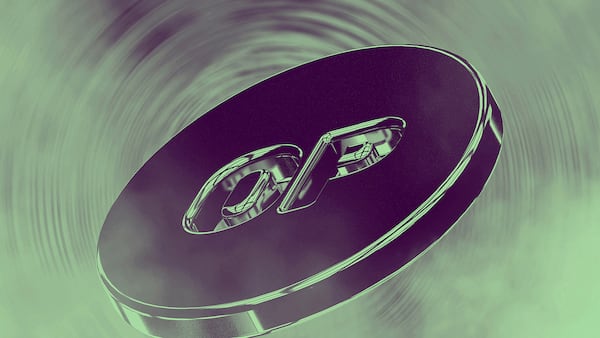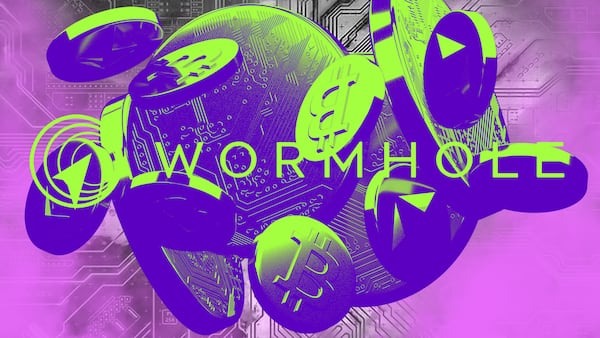- Karak’s $48 million Series A funding round values the EigenLayer competitor at over $1 billion.
- Karak reached over $136 million in crypto assets deposited, aiming to offer users more assets and blockchains to restake with.
- Users can earn Karak XP, in addition to rewards from partner protocols, for restaking with Karak.
In a move that challenges the dominance of EigenLayer in the restaking sector — which has grown to over $14 billion in crypto assets deposited — Karak’s private access went live on Tuesday, with $136 million in deposits since.
The surge in deposits may be explained by Karak’s XP campaign, where users are rewarded with XP, commonly referred to as points, for tasks like depositing with Karak or referring friends.
XP is distributed by protocols to incentivize specific user behaviours, and it may culminate in an airdrop with a conversion of points to tokens.
Lately, airdrops have attracted lots of attention, as protocols that announce them experience surges in user activity.
Wormhole and Tensor have already carried out airdrops in April, and Parcl, Kamino, and Swell are expected to do so within the month.
Karak, like EigenLayer, is a restaking protocol, meaning it enables assets like staked Ether to be staked again with validators across multiple networks. That enables the validators to earn additional rewards and allow the networks to inherit Ethereum’s security.
Validators are users who earn rewards from blockchains in return for verifying transactions on those blockchains.
A protocol that uses EigenLayer’s restaked assets to enhance security is called an “actively validated service,” or AVS, while one that employs Karak’s restaked assets for this purpose is known as a “distributed secure service,” or DSS.
The first AVS went live on Tuesday alongside EigenLayer’s mainnet launch, with six more launching today. Karak is planning to unveil the first DSS in the coming weeks.
On Monday, Karak announced it raised a $48 million Series A funding round, catapulting its valuation to over $1 billion.
With this latest round of funding, the protocol has not only secured backing from industry giants like Coinbase and Digital Currency Group, but has also attracted an investment from Mubadala Capital, a $280 billion sovereign wealth fund in Abu Dhabi.
How Karak sets itself apart
While maintaining the ability for users to restake on the Ethereum mainnet, similar to EigenLayer, Karak goes further by incorporating Arbitrum, Ethereum’s largest layer 2, and its own Karak Network into its restaking options.
The protocol extends the scope of restakable assets to include Ether, a variety of liquid staked Ether, and stablecoins, expanding the options available to users.
This expanded approach is proving to be effective. Stablecoins, for instance, make up about 17% or $22.4 million, of Karak’s total restaked assets.
Overall, of the $136 million restaked through Karak, $66.4 million is on the Karak Network, $59.4 million on Ethereum, and $7.79 million on Arbitrum.
Karak hasn’t announced when, or if, XP will be converted to tokens, or how long the XP campaign will continue for.
Still, airdrop farmers — users aiming to accumulate as many points as possible in anticipation of a future airdrop — have continued to flock to the protocol, with deposits reaching $52 million in just the last 24 hours.
Ryan Celaj is a data correspondent at DL News. Got a tip? Email him at ryan@dlnews.com.
